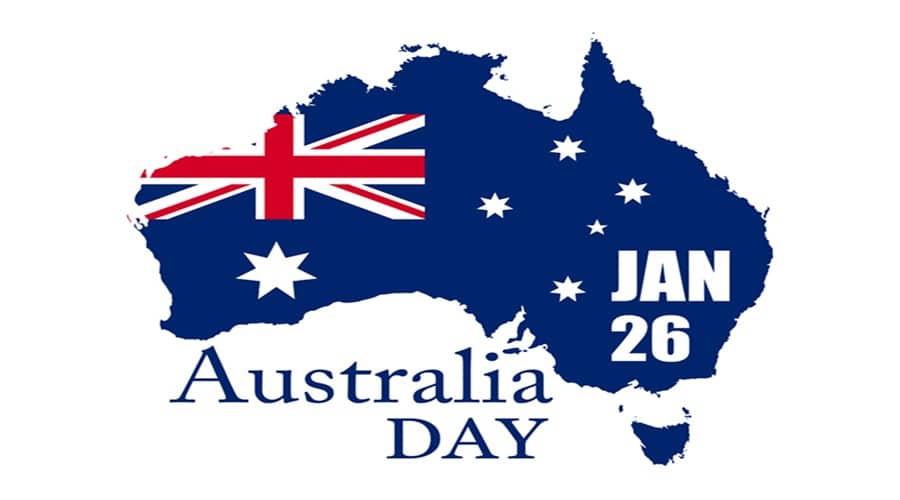Australia Day: A Reflection on History and Diversity

Australia Day, observed annually on 26 January, stands as a pivotal moment in the nation’s history, commemorating the landing of the First Fleet in Port Jackson in 1788. This article delves into the multifaceted aspects of Australia Day, exploring its historical significance, evolution over time, and the diverse perspectives it invokes among Australians.
Historical Arrival of the First Fleet: 1788
In May 1787, the First Fleet, comprising 11 ships, embarked on a journey from England to New Holland, led by Naval Captain Arthur Phillip. The initial plan to establish a penal colony at Botany Bay was swiftly reconsidered, leading to the discovery of Sydney Cove. The fleet’s arrival between 18 and 20 January 1788 marked the beginning of a new chapter in Australia’s history.
Phillip’s exploration of Port Jackson, 12 kilometers north of Botany Bay, identified Sydney Cove as a more suitable settlement location. On 26 January 1788, the Union Flag was raised at Sydney Cove, symbolizing the formal proclamation of British sovereignty over the eastern seaboard of Australia. Contrary to popular belief, the formal establishment of the Colony of New South Wales did not occur on 26 January. It took place on 7 February 1788, with the proclamation of the colony and Arthur Phillip’s governorship, along with the vesting of all land in King George III.
Australia Day Through the Years
1788–1838: Unofficial Celebrations and The Rum Rebellion
While there was no official recognition of the colony’s anniversary in the early years, by 1808, immigrants started celebrating the love of their land on 26 January. The 1808 festivities took an unexpected turn with the Rum Rebellion, marking a tumultuous moment in Australia’s colonial history.
1838: Foundation Day and the Birth of Traditions
Governor Lachlan Macquarie’s declaration in 1818 marked the first official celebration of Foundation Day, a holiday for government workers with a 30-gun salute and a tradition that extended to sporting events. In 1838, the 50th anniversary saw the declaration of Australia’s first public holiday, complete with a regatta and celebratory gunfire.
1839–1935: Expansion and Naming of Australia Day
Before 1888, each colony had its own commemoration, but the Australian Natives’ Association (ANA) played a pivotal role in unifying the celebration on 26 January. In 1888, “Anniversary Day” was celebrated across colonial capitals, paving the way for the eventual adoption of the name “Australia Day.”
1936–1960s: A Day of Mourning and Unification
The sesquicentenary in 1938 marked a significant moment but was also a Day of Mourning for Indigenous Australians. It wasn’t until 1946 that the Commonwealth and state governments agreed to unify celebrations on 26 January as “Australia Day.”
1988 Bicentenary: A Reflective Milestone
The bicentenary in 1988 marked 200 years since British settlement. The celebrations were both a time of reflection and controversy, acknowledging the complex history and diverse perspectives surrounding Australia Day.
Evolving Perspectives: Inclusion and Controversy
Since 1938, some Indigenous Australians have viewed Australia Day as Invasion Day, Survival Day, or a Day of Mourning, contesting its celebration as a national holiday. Calls for changing the date or abolishing the holiday persist, reflecting a nuanced and evolving national discourse. In contemporary Australia, Australia Day has evolved into the largest annual civic event, celebrated with festivals, concerts, and citizenship ceremonies. The Australian of the Year Awards, announced on Australia Day Eve, recognize outstanding contributions to the nation.
Australia Day, beyond its historical roots, represents a dynamic narrative of inclusivity, diversity, and ongoing conversations about the nation’s identity. As we reflect on the past, we acknowledge the diverse perspectives that shape Australia Day today, recognizing the need for ongoing dialogue and understanding.
Observer Voice is the one stop site for National, International news, Sports, Editor’s Choice, Art/culture contents, Quotes and much more. We also cover historical contents. Historical contents includes World History, Indian History, and what happened today. The website also covers Entertainment across the India and World.

